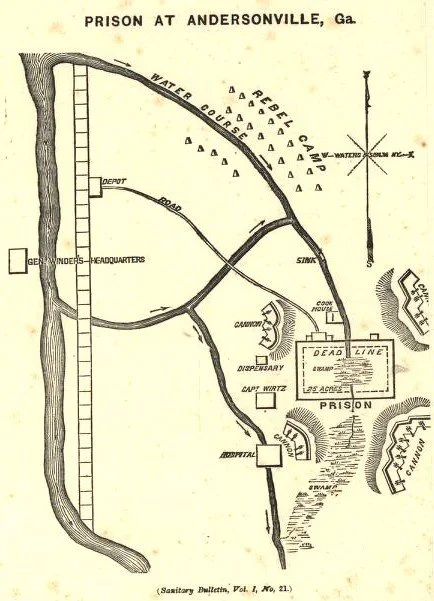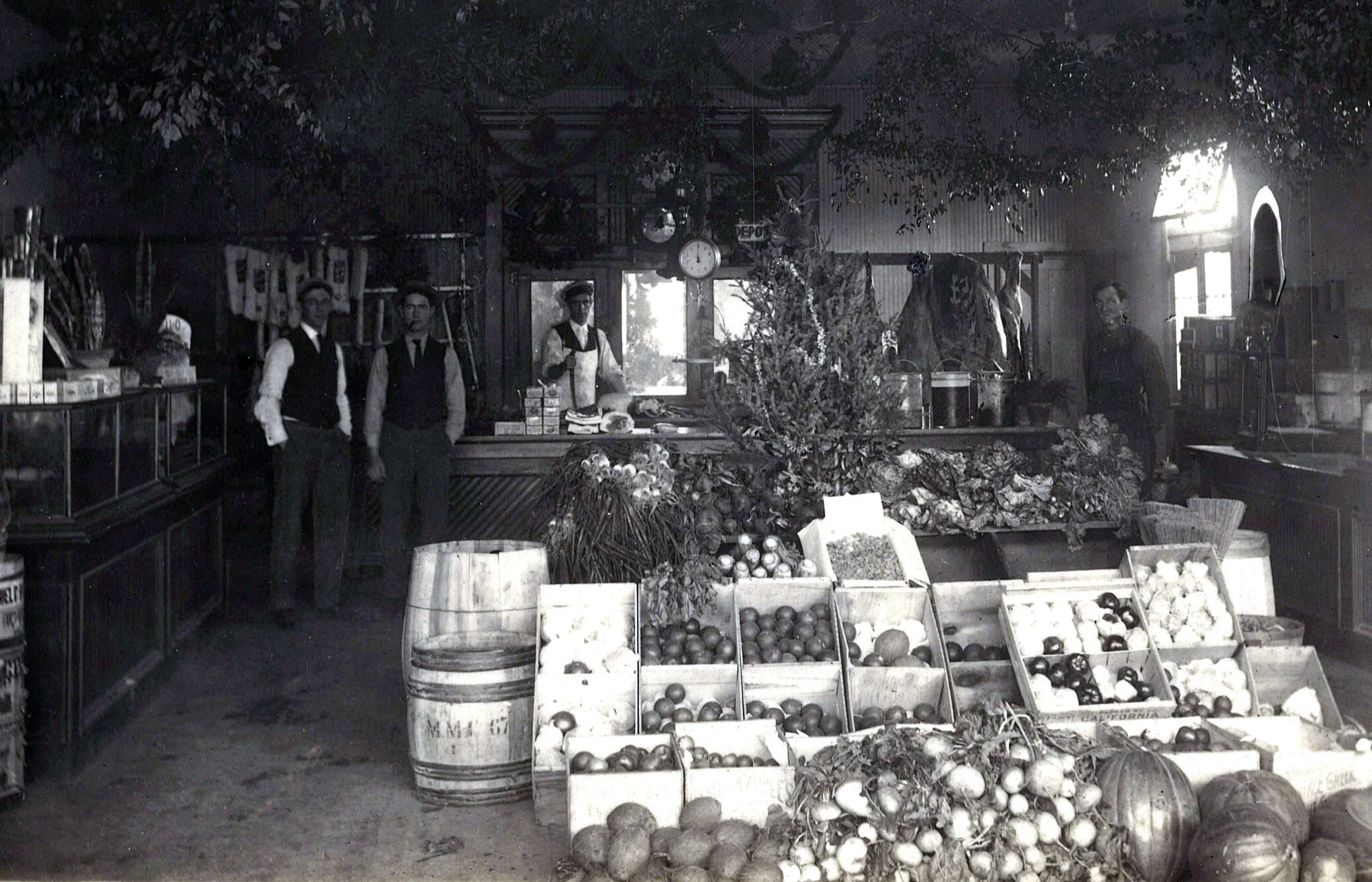
Starvation and Bad Treatment
When the Civil War began in April 1861, the United States had only a small standing army. Over the next year, volunteer regiments were recruited from all the Northern states. One such regiment was the 103rd Pennsylvania Volunteer Infantry, which was established in Kittanning, Pennsylvania, northeast of Pittsburgh, and enlisted men from the midwestern section of the state (Dickey 1910). Five of my relatives were among the men who volunteered for this regiment. These included my four-times great-grandfather Reese Thompson, who was nearly 50 years old but told the army he was 43, his 14-year-old son Milton, and his nephew and namesake Reese Shay.

Refugees in London
When I think of early immigration to the United States from the part of Europe that is now Germany, I tend to think of German settlers in Pennsylvania, many of whom were religious dissenters like the Mennonite ancestors I have written about in a previous post. As a result, I was quite surprised to learn that my seven-times great-grandfather, Johann Henrich Krantz, arrived in New York in 1710 and settled along the Hudson River in Ulster County. As I learned more about why he arrived when and where he did, I came to see many parallels between his experience and that of refugees and asylum seekers today.

Wide Awake in 1860
In 1860, my four-times great-uncle, Servetus Longley, invented and patented a street-sweeping machine. It’s an ingenious device, with brushes attached at an angle to a set of wheels so that the machine can be pushed along a street. This invention might have made a fortune for Servetus. In fact, in the fall of 1860, the city of Cincinnati, Ohio, granted him a three-year contract to use his machine to clean the streets in the city’s western district. They withdrew the contract a few weeks later and therein lies a tale.

The Erisman Grocery Company
Growing up in Ft. Worth, Texas, I was vaguely aware that my great-great-grandfather, Richard Y. Erisman, had once run a grocery store in the city. As a child, I supposed it was like the grocery stores I knew, where you navigated aisles of food and other products with a grocery cart and took your purchases to the cashier for checkout.
